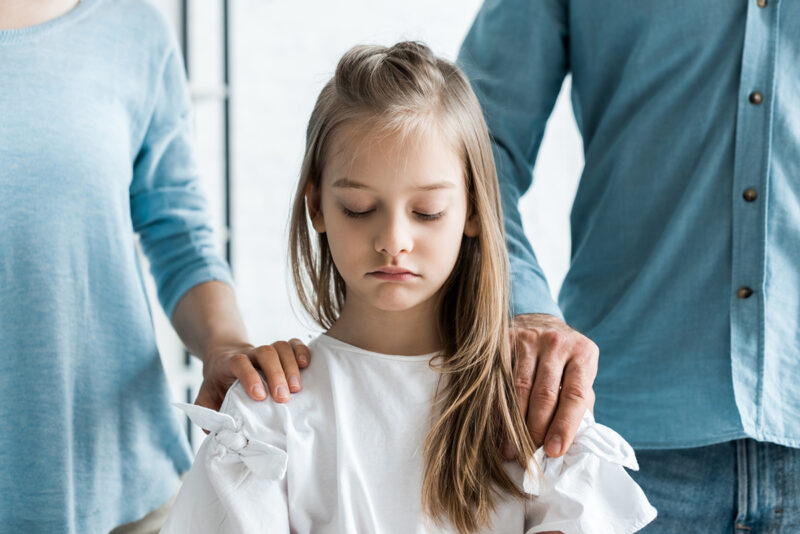What Is the Difference Between Physical & Legal Custody?
February 23, 2021

When it comes to child custody, the state of Indiana recognizes two kinds. Physical custody gives parents the right to raise their kids in their homes, while legal custody allows parents to make important decisions about their children’s upbringing.
Read on to learn more about these two kinds of custody and how they can be arranged:
1. Sole Physical Custody
If you’re awarded sole physical custody, your children will live with you 100 percent of the time. Depending on the circumstances, however, your ex may be entitled to regular visitation sessions.
Family law judges believe it’s almost always in a child’s best interests to maintain at least some kind of relationship with both their parents. As such, they’re usually inclined to award visitation to the parent who is not given physical custody. However, a judge will not always grant visitation. There are plenty of circumstances that judges consider when making decisions that are in the best interest of the child.
2. Joint Physical Custody
Whenever possible, family law judges try to award joint physical custody. In such arrangements, the children live with one parent some of the time and with the other parent the rest of the time. Even if the children’s time isn’t divided evenly — logistics don’t always allow for a 5⁄50 split — it’s considered a joint arrangement as long as the kids sleep at both parents’ homes at regular intervals.
3. Sole Legal Custody
When a parent has sole legal custody, he or she does not have to consult the other parent before making decisions regarding the children’s education, religious upbringing, medical care, or other important matters. Since family law judges want to ensure both parents are involved in the children’s lives, they’re hesitant to order arrangements in which one party has sole legal custody; however, there are scenarios in which doing so is necessary.
If one parent is incarcerated, has a history of substance abuse, or is otherwise deemed unfit, for example, he or she may not be given any say in how the kids are raised.
4. Joint Legal Custody
Joint legal custody gives both parents the right to make important decisions on behalf of their children. Even if the arrangement does not include joint physical custody, the judge will likely award joint legal custody, unless he or she has a very good reason to keep one party from interfering in the kids’ everyday lives.
How Can I Secure a Satisfactory Custody Arrangement?
If you’re fighting for custody, it’s wise to seek legal counsel. A knowledgeable family lawyer will advocate for your rights at every stage of the proceedings.
It’s also wise to:
- Stay off social media;
- Remain actively involved in your children’s lives, even if they’re not living with you;
- Document the activities and events you attend with your kids; and
- Take the steps needed to foster a stable living environment.
Call (765) 742‑9046 to Speak with a Family Law Attorney in Lafayette
If you’re facing a custody battle, contact Ball Eggleston for help securing the most favorable arrangement possible. Founded in 1950, our firm has been helping families navigate complicated legal proceedings ever since. Call (765) 742‑9046 or use our Online Contact Form to set up a consultation with a family lawyer in Lafayette.
The content of this blog is intended to be general and informational in nature. It is advertising material and is not intended to be, nor is it, legal advice to or for any particular person, case, or circumstance. Each situation is different, and you should consult an attorney if you have any questions about your situation.